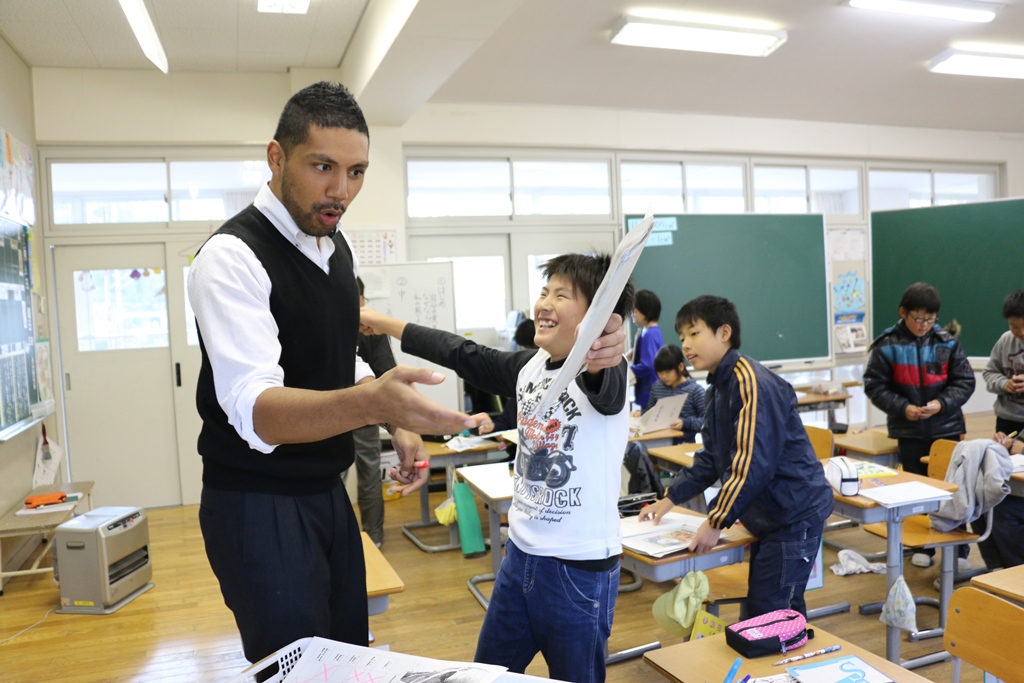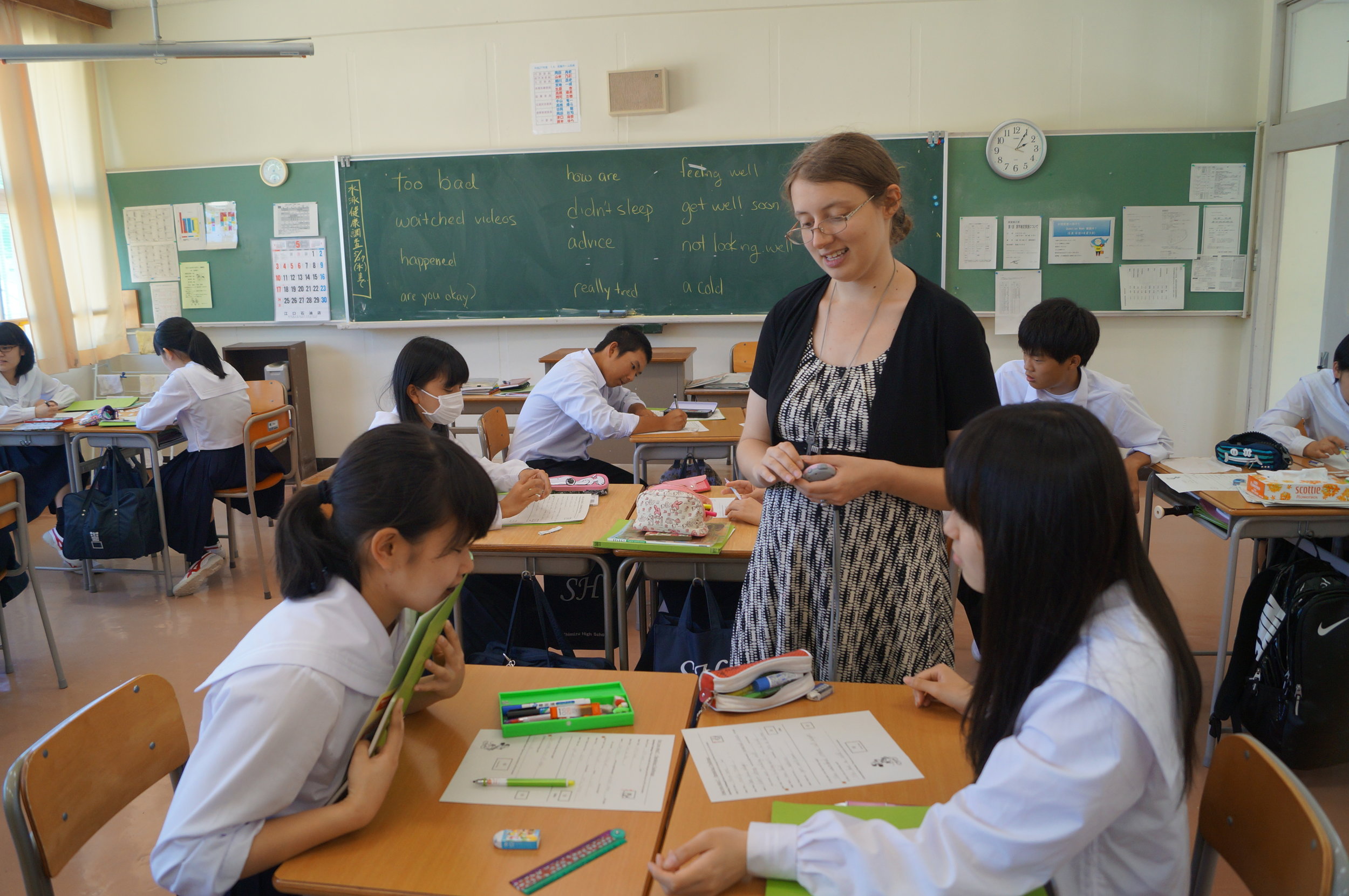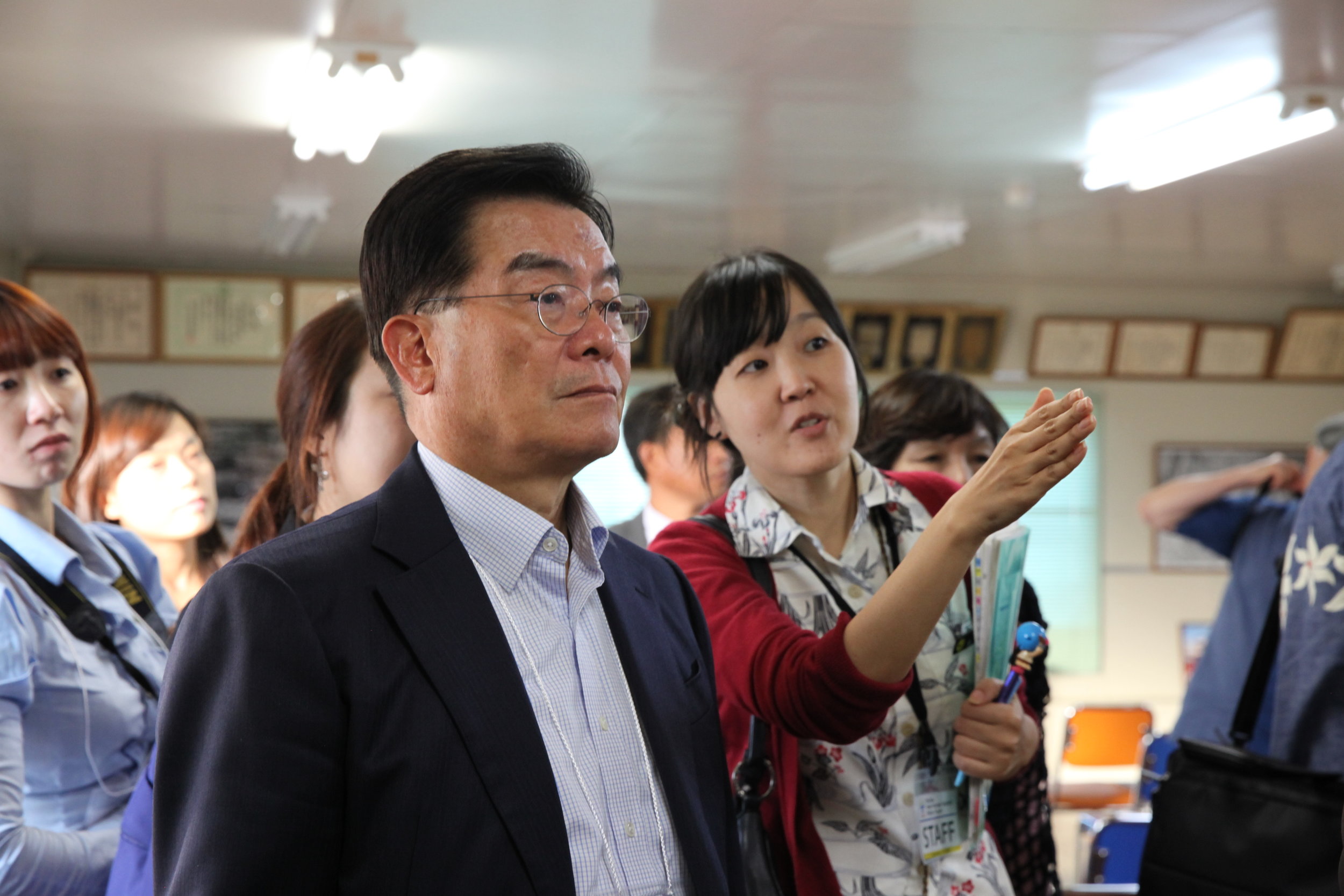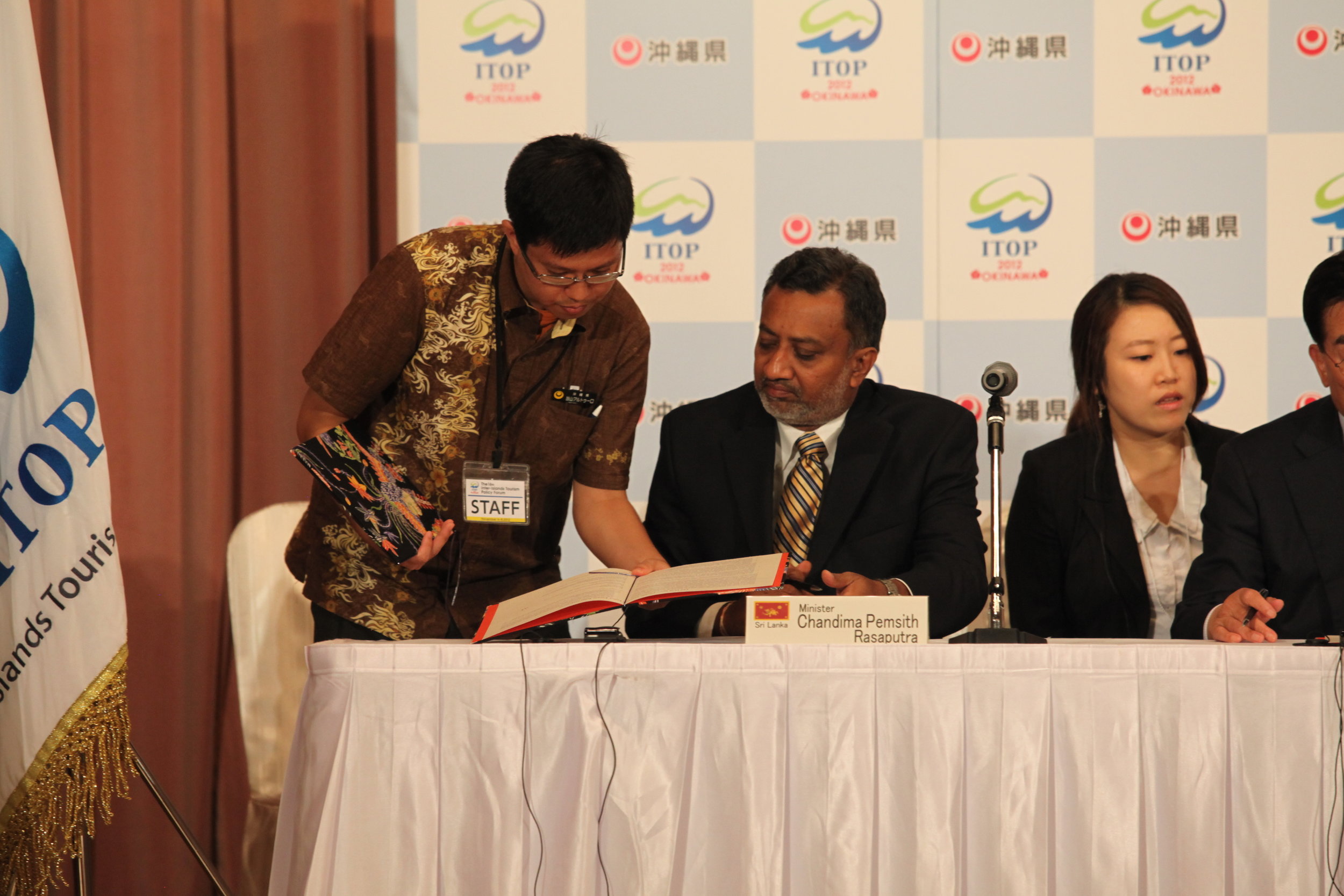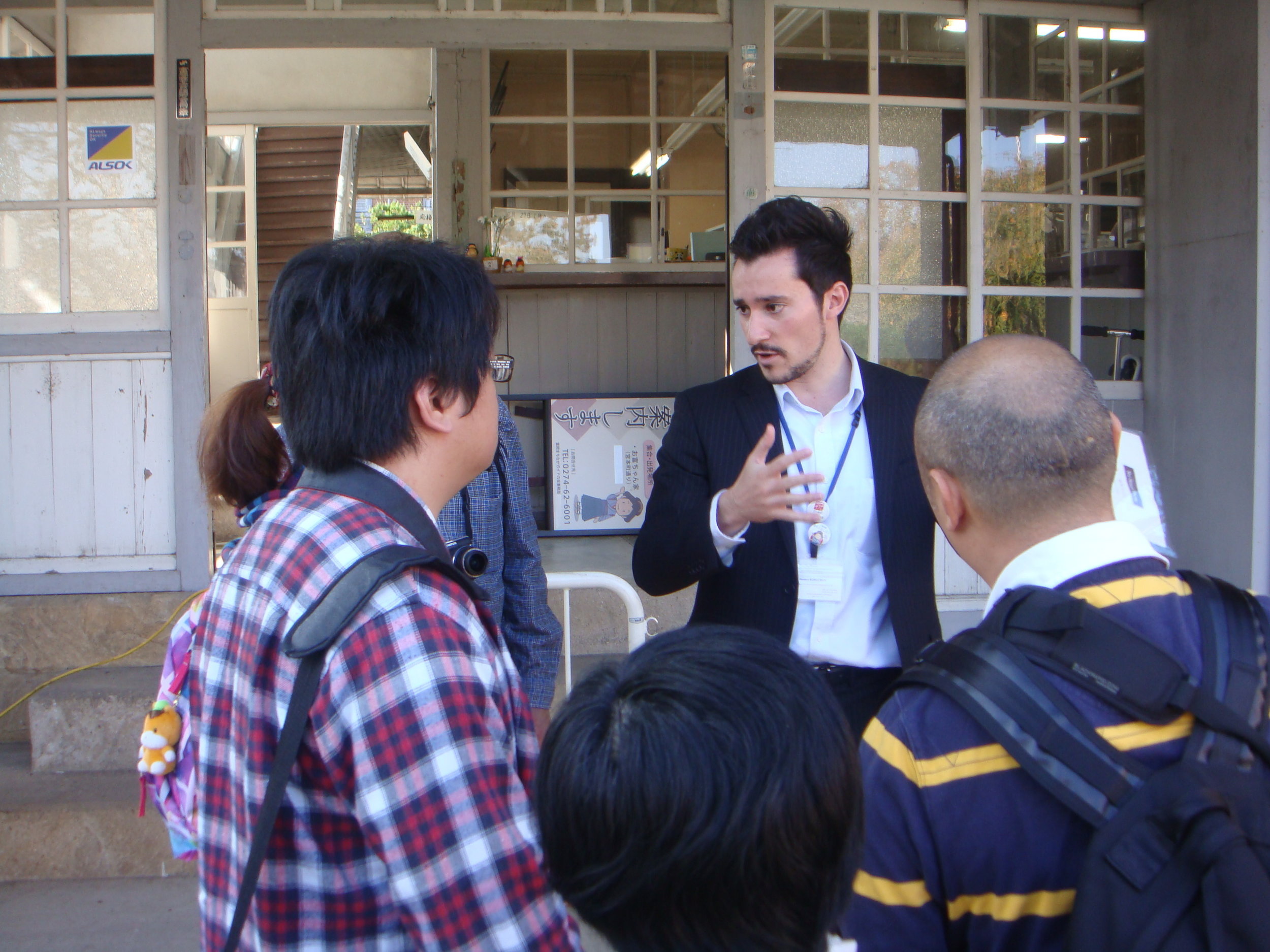JET PROGRAMME ALUMNI: SKILLED STAFF FOR NEW ZEALAND BUSINESS
For New Zealand companies doing business with Japan or looking to enter the market, successful recruitment (and retention) of highly motivated staff with experience of working in Japan and an understanding of the language and culture will be an important determinant between success and failure.
New Zealand JET alumni represent such a group of talented people. On completion of their JET assignments, many of them are keen to stay in Japan or to find positions with New Zealand companies trading with Japan to maintain their connections and build on their experience.
Our aim is to connect New Zealand JET alumni and NZ business via our digital channels.
Rather than including JET alumni CVs on our website, we will share information by linking to information on the JET Programme New Zealand and JETAA NZ Alumni Facebook pages.
In the same way, for jobs opportunities being promoted by our members, we will list these on the JNZBC Facebook and LinkedIn accounts as well as on our website. We will also ask the JET team to “share” related Facebook posts on their accounts.
Other JET Alumni links include:
JETAA Auckland: https://aucklandjetaa.org/
JETAA Wellington: https://www.jetaawgtn.org.nz/
JETAA South Island: http://www.jetaasi.org/
JET Alumni Association page http://jetprogramme.org/en/jetaa/
WHAT IS THE JET PROGRAMME?
The Japan Exchange and Teaching (JET) Programme was established by the Japanese government in 1987 to build foreign language skills, promote mutual understanding, and further the internationalisation of Japan at a regional and community level.
New Zealand is a foundation member of the JET Programme together with the United States, the United Kingdom and Australia.
The JET Programme has grown from an initial 848 participants in 1987 to number 5,528 participants from 54 countries in-country at present. In total, over 70,000 alumni from 65 countries have taken part in the JET Programme over its 32 year history.
Applicants are invited to apply for positions as Assistant Language Teachers (ALTs) teaching English in community and classroom settings; and Coordinators for International Relations (CIRs) working in local government offices with wide and varied responsibilities. Most of the successful candidates are contracted as ALTs. The remainder are CIRs plus a limited number of Sports Exchange Advisors (SEAs) attached to boards of education in prefectural, city, and town offices. Each SEA position is effectively bespoke, focused on a single sport and its training, different to the wide variety of tasks involved in ALT and CIR positions.
The JET Programme and JET participants and alumni are viewed very positively throughout Japan. Reflecting the importance and success of the JET Programme, the 30th Anniversary Commemorative Ceremony held in November 2016 was attended by their Imperial Highnesses, then Crown Prince and Princess of Japan – now Emperor Naruhito and Empress Masako.
WHAT SKILLS DO JET PROGRAMME PARTICIPANTS HAVE?
Where many modern job openings target applicants with particular qualifications or specialist skills, diversity is a plus for the JET Programme.
Applicants for ALT and CIR positions must hold a Bachelor's degree or higher, or a 3-year teachers certificate at primary or secondary level. For the SEA positions the emphasis is on hands-on experience and coaching skills in a particular sport. Importantly also, in each case, JET is looking for personal qualities and skills: self-starters, interest in Japan, willingness to continue learning after arrival; motivation to participate in and initiate international exchange activities in the local community; and commitment to study or continue studying the Japanese language prior to and after arriving in Japan.
JET Programme participants learn on-the-job while participating in the Japanese workforce. Experience on the JET Programme helps build valuable life skills complementary to the participants initial entrance level qualifications positioning them well for leadership positions in the private and public sector, forming a powerful human network in Japan and globally. It’s win/win for New Zealand business and JET alumni to be in touch with one another.
Set out below are some of the soft and hard skills that you would typically expect to find in a ALT or CIR alumni on completing a JET assignment. It’s more difficult to categorise the skills that an SEA might gain through involvement in the programme. Typically they will be leaders in their field with advanced social and communication skills to be appointed to the programme.
KEY:
ALT -> Assistant Language Teacher
CIR -> Coordinator for International Relations
SEA -> Sports Exchange Advisor
SOFT SKILLS (General Job-applicable Abilities):
Multi-Level Adaptability (ALT, CIR, SEA)
Time-Sensitive Flexibility (ALT, CIR, SEA)
Emotional Intelligence/Multi-Cultural Sensitivity (ALT, CIR, SEA)
Intercultural Communication and Relationship Building (ALT, CIR)
Low-Budget Innovation and Planning (ALT, CIR, SEA)
Public Speaking, Public Relations (ALT, CIR, SEA)
Technological Intelligence (ALT, CIR, SEA)
Time Management (ALT, CIR, SEA)
Cross-cultural Teamwork (ALT, CIR, SEA)
National and International Networking Abilities (ALT, CIR, SEA)
Business manners and office relations (ALT, CIR, SEA)
Leadership in group projects (ALT, CIR, SEA)
Workplace cooperation and compromise (ALT, CIR, SEA)
Terms of address for different officials and high-ranking people (ALT, CIR, SEA)
HARD SKILLS (Specific Job-related Abilities):
Japanese Language Familiarity and Ability (ALT, CIR, SEA)
Teaching English as a Foreign Language (ALT)
General (Multi-Disciplinary) Teaching Skills (ALT)
Active Lesson Planning (ALT)
Varied Scale Event Planning (ALT, CIR, SEA)
Computer Skills (Microsoft Office Suite) (ALT, CIR)
Translation (Some ALTs, CIR)
Interpretation (Some ALTs, CIR)
Receiving delegations from overseas (Some ALTs, CIR)
Policy advice (eg how to communicate with overseas visitors and communities/how to involve non-Japanese speakers in safety procedures such as evacuation drills) (CIR)
Creating tourism/trade/international exchange promotion materials (CIR)


